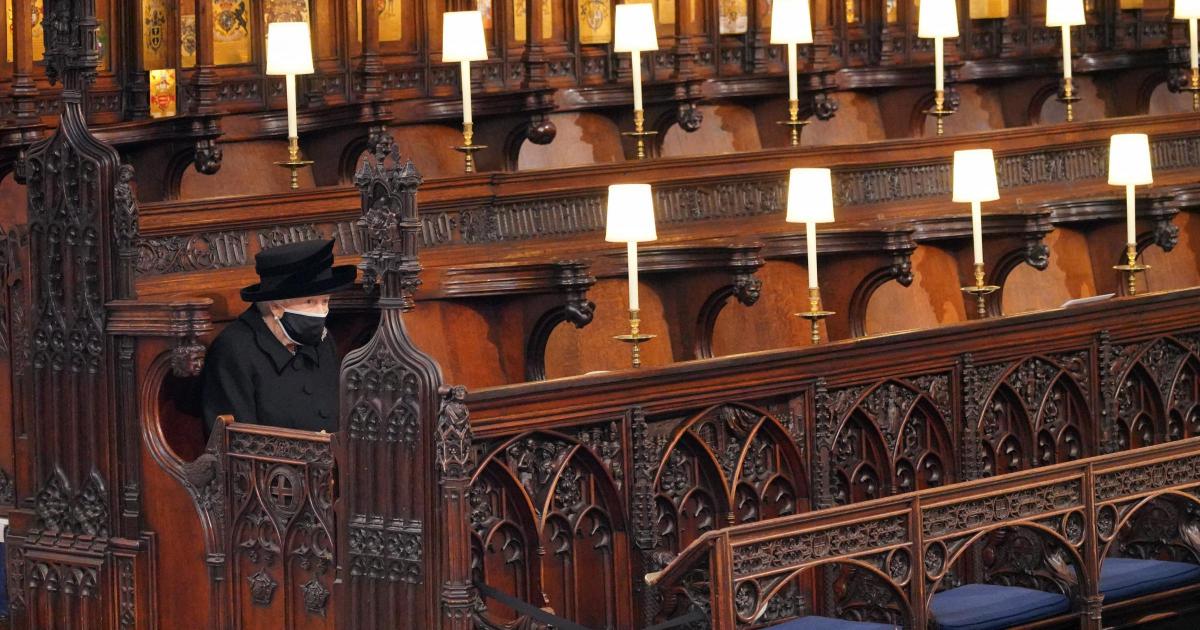The impact of the Covid-19 pandemic has been profound and far-reaching, affecting individuals, families, and even the highest echelons of society. The image of Queen Elizabeth II sitting alone at her husband Prince Philip’s funeral epitomized the isolation and loneliness felt by many during this challenging time. The pandemic brought about unprecedented changes in how we grieve and mourn, with restrictions on gatherings and ceremonies making it even more difficult for people to come together in times of loss.
As the fifth anniversary of the country's lockdown approaches, it is a time to reflect on the struggles faced by those on the front lines of the fight against Covid-19. Funeral directors in Darlington found themselves at the forefront of the crisis, dealing with the grim reality of the pandemic as they helped families navigate the complexities of saying goodbye to their loved ones amidst restrictions and limitations.
Funerals, usually a time for gathering and offering support, were constrained to just six attendees during the initial lockdown, presenting families with the heartbreaking task of choosing who could bid a final farewell. Rev. Mark East, a Church of England vicar, highlighted the importance of communal grieving, emphasizing that coming together in times of sorrow is essential for healing.
James Tindale, a funeral director at Seaton Leng, noted the challenges faced by the industry during the pandemic, where traditional funeral practices had to be adapted to comply with safety regulations. The limitations on gatherings and the prohibition of singing at funerals changed the dynamics of saying goodbye, forcing families to find new ways to honor their loved ones while coping with loss.
The early stages of the pandemic were marked by uncertainty and fear, as funeral directors grappled with the influx of deaths and the unprecedented demands on their services. The visit by an army captain to run through worst-case scenarios highlighted the gravity of the situation, underscoring the need for preparedness in the face of a crisis of such magnitude.
Despite the challenges and limitations imposed by the pandemic, funeral directors like Keith Munt of Saint and Forster found solace in the resilience and kindness displayed by people in their darkest moments. The community came together to support each other, showing compassion and understanding in the face of adversity.
Dr. Jennifer Uzzell of Saint and Forster, with her expertise in death and dying rituals, recognized the profound impact of the pandemic on how we mourn and remember the departed. The shift towards more direct cremations post-pandemic reflects a changing landscape in funeral practices, hinting at a potential reevaluation of traditional funeral services to better meet the evolving needs of grieving individuals.
As we navigate the aftermath of the pandemic, it is a time for reflection and adaptation in how we approach death and loss. The experiences of funeral directors in Darlington shed light on the resilience and compassion of individuals facing immense challenges, underscoring the importance of community and support in times of grief. The pandemic has reshaped the way we mourn and remember, prompting a reexamination of funeral practices and rituals as we strive to find healing and closure in a changed world.

